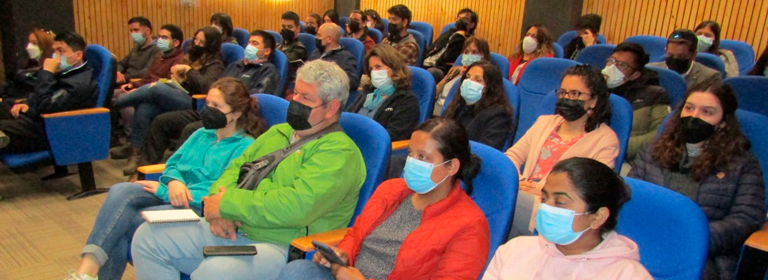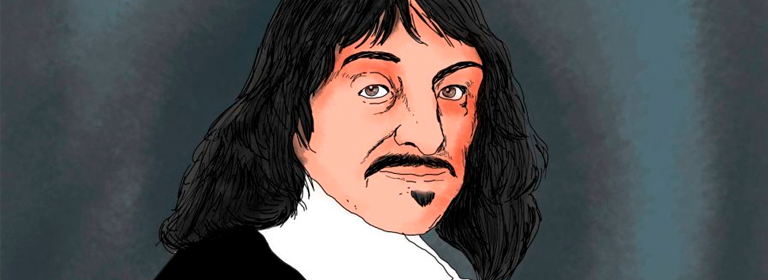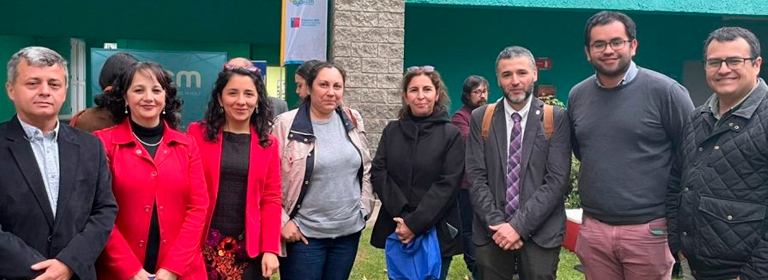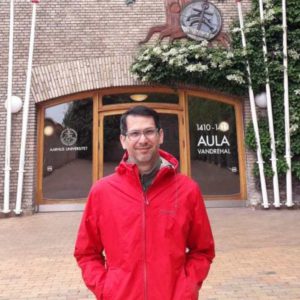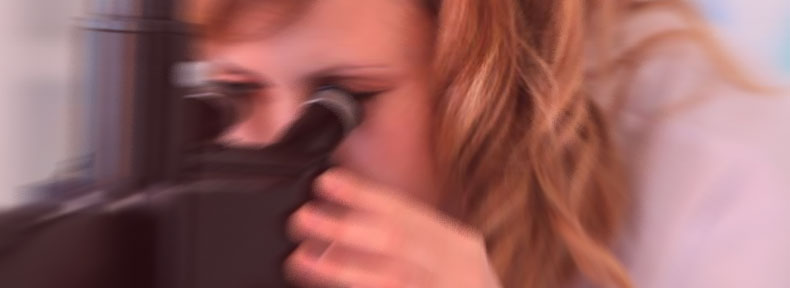The Dirección de Investigación of the Universidad Católica del Maule (UCM) addressed the benefits of interdisciplinary and international collaboration, through a keynote lecture.
 In order to strengthen the skills of scientists in managing strategic alliances, the Dirección de Investigación of the Universidad Católica del Maule held a talk entitled “Science and Cooperation. An experience from the local to the international scale”. The presentation was in charge of the aquaculture engineer and doctor in Environmental Sciences, Jorge Valdés.
In order to strengthen the skills of scientists in managing strategic alliances, the Dirección de Investigación of the Universidad Católica del Maule held a talk entitled “Science and Cooperation. An experience from the local to the international scale”. The presentation was in charge of the aquaculture engineer and doctor in Environmental Sciences, Jorge Valdés.
“The first thing is to go to the local level and detect the problems that one can address from one’s discipline. Second, it is necessary to know the capacities of us as researchers and the local capacities to solve these problems and third, to review the possibilities of local, regional and international cooperation”, said the also academic from the Universidad de Antofagasta, who has developed multiple alliances to carry out studies on climate change.
“Today it is fashionable to work on global problems. I work on a local scale, because sometimes it is easier to find international support for specific issues. Other countries already have a maturity that allows them to see science as an instance of cooperation for both parties”, he highlighted.
Regarding the formulas for accessing funding, the scientist recommended, «investing time in management».
“Our work is not only in the laboratory; we must go out and convince all levels of the community, from the common citizen who suffers the onslaught of the problem to the local government and the business community, that problems are solved when we all come together. To convince them, we must put ourselves in the other’s place and abandon such technical language,» he added.
Mutual learning
For the doctor in Applied Sciences, Alexis Castillo, who managed the engineer’s visit to the UCM, international alliances constitute a space for mutual learning.
«Many countries are more advanced from a technological and scientific development point of view and, therefore, linking up with them makes it easier for us to learn through experience,» said Castillo, who is also a member of the Centro de Investigación y Estudios Avanzados del Maule (CIEAM) from the same campus.
“Although there are many projects with a principal investigator, the truth is that all research efforts must always include the collaboration of other disciplines, because a scientific question must have different approaches or bodies of knowledge, to get closer to the relative truths that we hope to achieve,» he said.

